STOCK ISSUANCES AND RETIREMENTS
What you need to know as an issuer when it comes to issuing and retiring shares.
ISSUING NEW SHARES
Check out our video below where we simplify the stock issuance process with useful tips and information.
PROCESS TO ISSUE SHARES:
- Send board authorization to ClearTrust and provide:
- Shareholder name, address, SSN/EIN
- Share amount and stock class
- Cost basis
- Applicable restrictions or documentary evidence to issue shares without restriction
- Do not issue shares unless they have been fully paid for by the shareholder. Once a shareholder takes delivery of shares, they legally belong to the shareholder and the issuer cannot cancel the shares without the consent and cooperation of the shareholder.
- If the issuance of shares carries performance contingencies or any other special resale stipulations, indicate the terms and conditions to be met clearly on the face of the certificate and/or book entry statement using a special “lock up legend.”
CONVERTIBLE AGED DEBT
Issuers should only proceed with issuing convertible debt under the advice of quality securities counsel. Check out our video below where we explain common pitfalls of Convertible Promissory Notes and Irrevocable Transfer Agent Instruction Letters.
TIPS AND USEFUL INFORMATION ABOUT AGED CONVERTIBLE DEBT:
- Debt starts to “age” under Rule 144 when it can be converted into common stock. If a convertible feature is built into the original debt instrument, such as a convertible note, the debt is said to be “aging.” If the original debt instrument is not convertible, it is not “aging”.
- All debt should be carefully recorded on your books from inception, and copies of any notes, assignments, and conversions should be kept on file.
- Just because an attorney is willing to write a legal opinion about convertible debt, doesn’t mean the conversion or subsequent resale is proper. It is best to have the issuer’s retained legal counsel form an opinion on whether or not the provisions of Rule 144 have been met. Outside counsel may not be aware of all the facts and circumstances surrounding the debt origination or conversion.
- If you do opt for outside counsel to write a legal opinion, ensure the attorney is qualified and knowledgeable in this area. An opinion is only worth the work and expertise put into it.
- If you are contacted by a party interested in purchasing aged convertible debt, carefully consider your options and consult with your legal counsel.
Legal Disclaimer: The information contained herein is general in nature, is not legal advice, and should not be treated as such. You must not rely on the information here as an alternative to legal advice from your attorney or other professional legal services provider.
RETIRING SHARES
Check out our video below where we explain the difference between retiring shares and returning them to treasury, along with paperwork requirements to accomplish either.
TIPS AND USEFUL INFORMATION ABOUT CANCELLING SHARES
Once a shareholder takes delivery of shares, they legally belong to the shareholder and the issuer cannot cancel the shares without the consent of the shareholder.
PROCESS TO RETIRE/CANCEL SHARES:
- The Issuer sends a cancellation board resolution
- The shareholder provides the following:
- Original certificate (if applicable)
- Original Stock power or certificate endorsement signed by the shareholder and Medallion Guaranteed

